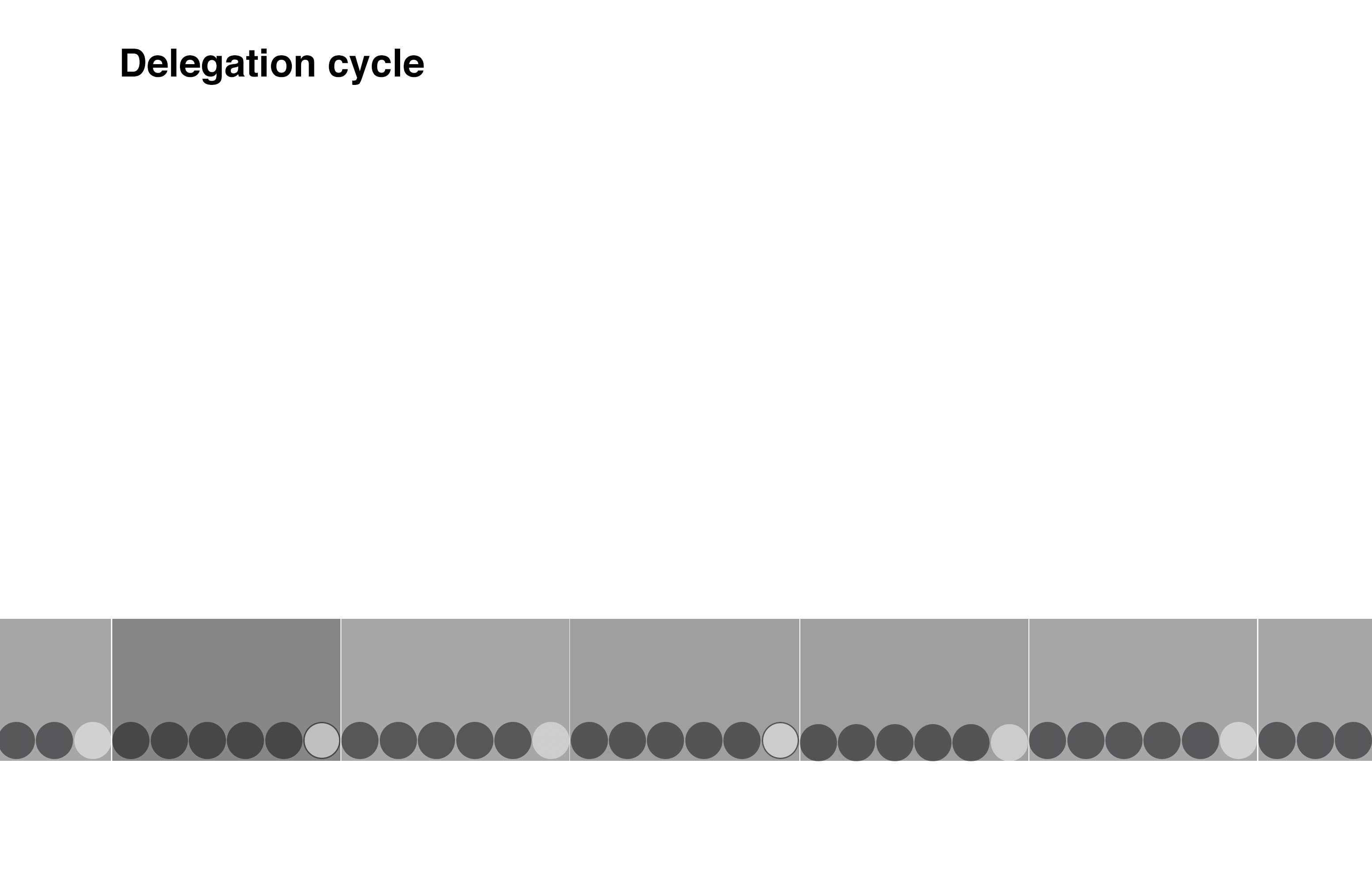Delegating stake to a stake pool
Delegating stake to a stake pool
Delegating your stake to a stake pool is the simplest method to engage with the protocol. By delegating your stake, you empower the stake pool to generate blocks on your behalf, which, in turn, accrues rewards for you. Rewards are automatically paid by the protocol at the start of every epoch to all pool members who contributed to block production.
In Cardano, delegating to a stake pool doesn't necessitate locking your funds or transferring control over them. Delegation remains non-custodial, ensuring you retain full control of your ada throughout the process.
Create a delegation certificate
To delegate your stake to a stake pool, you need to create a stake delegation certificate. cardano-cli offers a simple way to create one, you'll find the corresponding command under cardano-cli conway stake-address:
cardano-cli conway stake-address
Usage: cardano-cli conway stake-address
( key-gen
| key-hash
| build
| registration-certificate
| deregistration-certificate
| stake-delegation-certificate
| stake-and-vote-delegation-certificate
| vote-delegation-certificate
| registration-and-delegation-certificate
| registration-and-vote-delegation-certificate
| registration-stake-and-vote-delegation-certificate
)
Stake address commands.
To produce a delegation certificate, your stake address must already be registered on the chain, as outlined in the documentation on registering the stake address. Additionally, you need to know the pool ID to which you will delegate.
cardano-cli conway stake-address stake-delegation-certificate \
--stake-verification-key-file stake.vkey \
--stake-pool-id pool17navl486tuwjg4t95vwtlqslx9225x5lguwuy6ahc58x5dnm9ma \
--out-file delegation.cert
This is how it looks like, the 'cborHex' field encodes your stake address and the target stake pool:
cat delegation.cert
{
"type": "CertificateShelley",
"description": "Stake Delegation Certificate",
"cborHex": "83028200581c521da955ad8f24bdff8d3cb8f5a155c49870037019fcdf20949e7e5e581cf4facfd4fa5f1d245565a31cbf821f3154aa1a9f471dc26bb7c50e6a"
}
Build, sign, and submit the transaction with the certificate
After generating the delegation certificate, you need to submit it to the chain in a transaction. To familiarize yourself with transactions, refer to the simple transactions documentation. You can use either build or build-raw; the example below uses build.
This type of transaction requires signatures from both payment.skey and stake.skey, making the transaction slightly larger due to the two signatures. Consequently, it incurs a slightly higher fee. To help the build command accurately calculate transaction fees, you must use the --witness-override 2 flag:
cardano-cli conway transaction build \
--tx-in $(cardano-cli query utxo --address $(< payment.addr) --out-file /dev/stdout | jq -r 'keys[0]') \
--change-address $(< payment.addr) \
--certificate-file delegation.cert \
--witness-override 2 \
--out-file tx.raw
cardano-cli conway transaction sign \
--tx-body-file tx.raw \
--signing-key-file payment.skey \
--signing-key-file stake.skey \
--out-file tx.signed
cardano-cli conway transaction submit \
--tx-file tx.signed
For a quick overview of how stake delegation and rewards distribution work at the protocol level, see :
 .
.